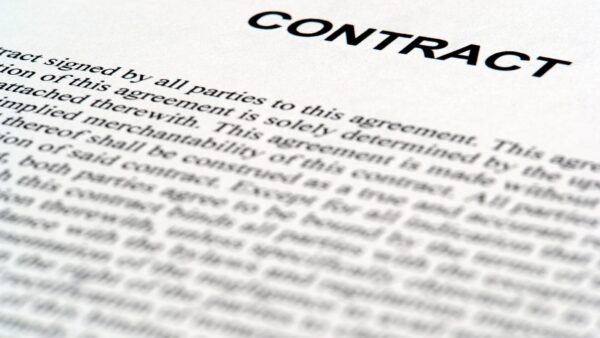
In our latest construction contract clinic, Bill Bordill explains the risks of using an expert consultant as an expert witness in a formal dispute.
The question
Can we use the same consultant who advised us on a contractual risk as an expert witness in a formal dispute?
The answer
There are a variety of reasons for appointing a consultant, including reputation in the market, specialist knowledge or simply familiarity. Here, it appears you are initially seeking an expert to advise on the merits of their case and which strategy to adopt. But you anticipate the dispute may later require a formal resolution procedure to resolve it.
At that stage, you will likely need an expert witness to provide an independent expert opinion to the court or tribunal. This is commonly known as a ‘Part 35 expert’. The civil procedure rules (CPR 35.2(1)) clarify that an expert is “…a person who has been instructed to give or prepare expert evidence for the purpose of proceedings”. Note that a Part 35 expert must be an individual and cannot be a consultancy.
“A Part 35 expert witness owes a duty to their instructing party but also has an overriding duty to the court.”
Lay people can act as a witness to a fact – that they saw or heard something. But they cannot give opinion evidence in a court. Only expert witnesses with specialist knowledge, recognised qualifications or experience in a particular field are permitted to give opinion evidence about facts and matters within their field of expertise.
The role of the Part 35 expert is to assist the court to understand technical matters. Experts do this by providing expert opinion evidence.
Returning to the original question, can an advisory expert later become the Part 35 expert? The answer is yes, although this is not without considerable risks and challenges.
Differences in experts
The role of an advisory expert is to assist the party who instructs them. Their duty is only to this party. A Part 35 expert witness owes a duty to their instructing party, but also has an overriding duty to the court.
Lord Dyson, in a landmark 2011 UK Supreme Court judgement on expert witnesses in Jones v Kaney, explained the situation. “If the expert gives an independent and unbiased opinion which is within the range of reasonable expert opinions, he will have discharged his duty to both the court and his client.”
However, it is generally desirable to separate the work of an advisory expert from the work of a Part 35 expert.
In all but extreme circumstances, the court will allow a Part 35 expert to provide evidence where the appointment started as an advisory expert. However, at the mere whiff of a partisan opinion, the court will attach less weight to the evidence proffered.
This is the inherent risk of using an expert appointed in an advisory capacity and then relying on the same individual to present expert opinion evidence to the court as a Part 35 expert.
Bill Bordill is a director at Decipher.











